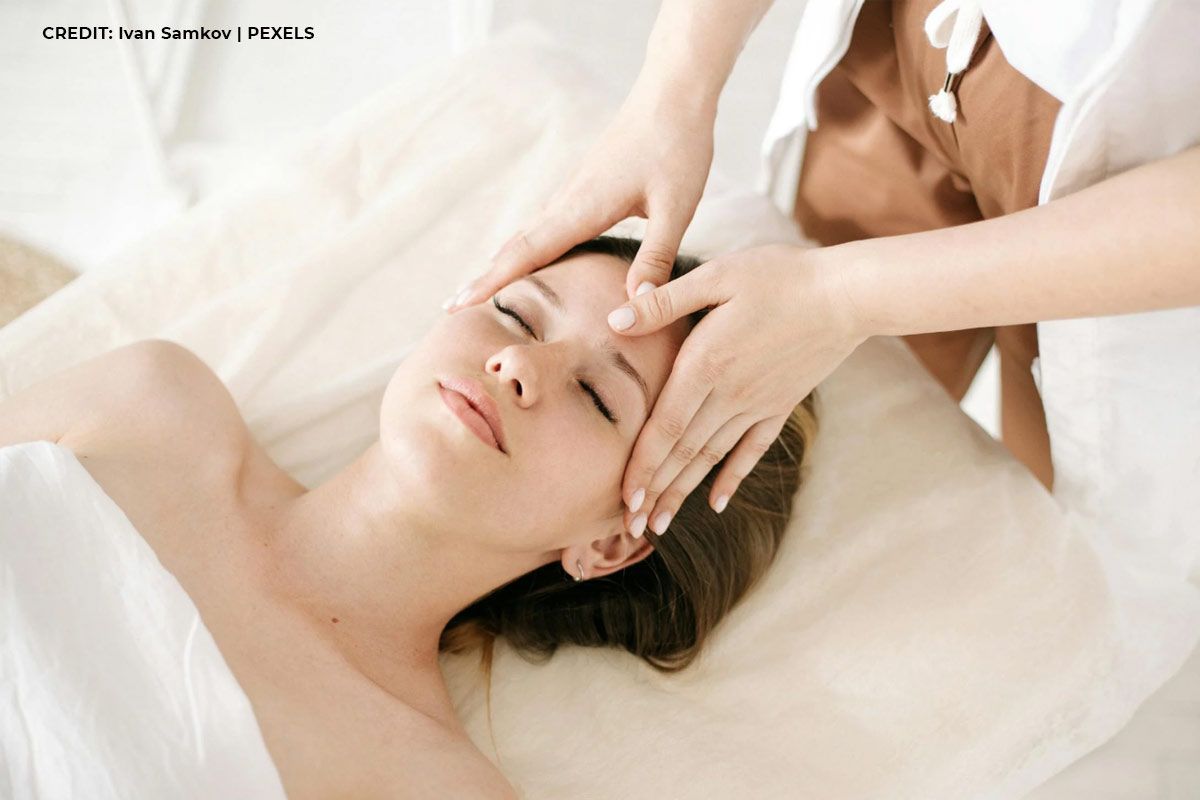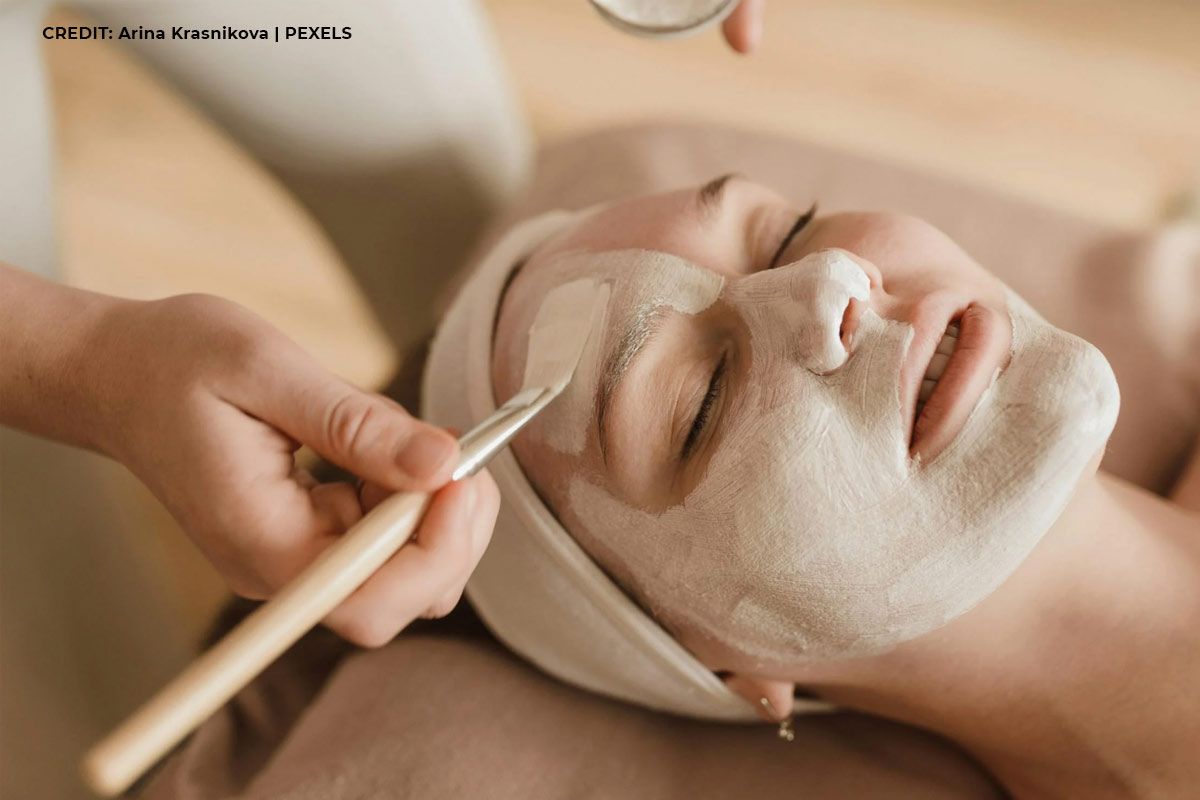Identifying Your Skincare Concerns: The First Step to Effective Treatment
Before booking that spa appointment, it's crucial to understand the specific skincare concerns you're facing. This will help you and the esthetician choose the most effective treatments. Common skincare problems that often necessitate professional intervention include:
Characterized by breakouts, blackheads, whiteheads, and sometimes painful cysts or nodules, acne can be triggered by hormonal fluctuations, excess oil production, bacteria, and inflammation. Professional treatments can target these underlying causes and provide faster, more noticeable results than at-home care alone.
This refers to patches of skin that are darker than the surrounding areas. Common types include sunspots (solar lentigines), melasma (often triggered by hormonal changes), and post-inflammatory hyperpigmentation (PIH) that can occur after acne breakouts or injuries. Spa treatments can help to break down excess pigment and promote a more even skin tone.
As we age, our skin naturally loses collagen and elastin, leading to wrinkles, fine lines, sagging, and a loss of firmness. Environmental factors like sun exposure can accelerate this process. Spa treatments can stimulate collagen production, improve skin elasticity, and reduce the appearance of wrinkles.
Dry skin lacks oil, while dehydrated skin lacks water. Both can lead to flakiness, tightness, and a dull complexion. Professional hydrating treatments can replenish moisture levels and restore the skin's barrier function.
Some individuals experience skin that is easily irritated, leading to redness, itching, and inflammation. Spa treatments designed for sensitive skin can soothe and calm these reactions while strengthening the skin's resilience.
Essential Spa Treatments for Common Skincare Problems
Once you've identified your primary concerns, you can explore the range of spa treatments designed to address them. Here are some essential options to consider:
More than just a pampering experience,
professional facials are customized to your specific skin type and concerns. They typically involve deep cleansing, exfoliation (using methods like enzymes or gentle peels), extractions (if needed), a targeted mask, and moisturizing treatments. Regular facials can help to improve skin texture, unclog pores, hydrate the skin, and address specific issues like mild acne or dryness.
These treatments use chemical solutions to exfoliate the top layers of the skin, revealing smoother, brighter skin underneath. Different types of peels target various concerns, from superficial peels for mild exfoliation and radiance to deeper peels for addressing more significant hyperpigmentation, wrinkles, and acne scarring. It's crucial to have a consultation with a qualified professional to determine the most appropriate peel for your skin.
This non-invasive treatment uses a specialized device to gently exfoliate the skin's surface, removing dead skin cells and improving texture and tone. It can be beneficial for addressing mild hyperpigmentation, fine lines, and dullness.
This procedure involves using tiny needles to create micro-injuries in the skin. This stimulates the body's natural collagen and elastin production, leading to improved skin firmness, reduced appearance of fine lines and wrinkles, and even the improvement of acne scars.
This multi-step treatment combines cleansing, exfoliation, extraction, hydration, and antioxidant protection in one session. It's a gentle yet effective way to improve skin hydration, reduce the appearance of pores, and achieve a radiant glow.
- Laser and Light Therapies
These advanced treatments use focused light energy to target specific skin concerns. For example, IPL (Intense Pulsed Light) can address hyperpigmentation and redness, while laser resurfacing can improve wrinkles and scars. These treatments are typically performed by dermatologists or trained medical estheticians.
Funding Your Journey to Healthy Skin: Making Spa Treatments Accessible
While the benefits of professional skincare treatments are undeniable, the cost can sometimes be a barrier. Fortunately, there are several ways to make these investments in your skin health more accessible:
Planning ahead and allocating funds specifically for skincare treatments is a proactive approach. Even small, consistent savings can accumulate over time. Consider setting a monthly skincare budget and putting aside a portion of your income regularly.
- Package Deals and Memberships
Many spas offer package deals on multiple treatments or membership programs that provide discounted services. These options can significantly reduce the overall cost per treatment and encourage regular maintenance.
- Special Offers and Promotions
Keep an eye out for seasonal discounts, introductory offers for new clients, or special promotions that spas may run. Subscribing to their newsletters or following them on social media can help you stay informed.
- Prioritizing and Investing Wisely
Consider which treatments will provide the most significant impact on your primary skin concerns. It might be more effective to invest in a series of targeted treatments rather than occasional, less impactful ones. Consult with your esthetician to create a treatment plan that aligns with your goals and budget.
- Seeking Financing Options
When larger treatment packages or more advanced procedures are desired, turning to financing options can be a viable solution.
Instant installment loans offer a convenient way to spread the cost of your skincare treatments into manageable monthly payments. This allows you to access the care you need without a significant upfront financial burden. It's a positive step towards prioritizing your well-being and addressing your skincare concerns promptly. The availability of these instant
24/7 loans online can provide a swift financial solution when you need it most, ensuring you don't miss out on crucial treatment opportunities.







